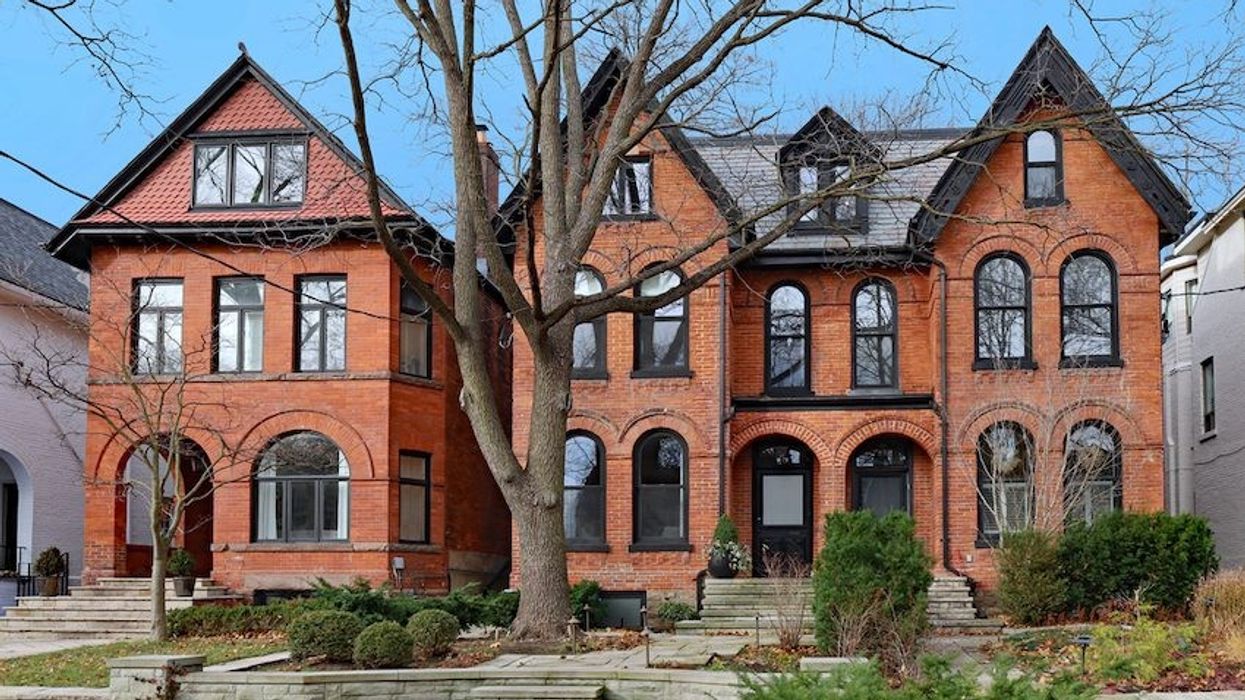(See Part 1 of this series -- breaking down the costs of rising interest rates -- here.)
Albert Einstein called compound interest the “most powerful force in the universe.” Mortgage interest is like its opposite — it’s a black hole that sucks in more (and more) money as it grows.
In the same way energy isn’t destroyed by a black hole, money isn’t destroyed by interest rates; it’s merely transformed into ‘bank money.’
What does this mean for borrowers’ finances? Using a $1M mortgage as an example, a 2% rate increase inflates monthly payments by $1,100.
READ: How to Approach Your Mortgage As Interest Rates Rise
If you’re renewing in the next few years and you have a sizeable mortgage, then breaking your current mortgage and locking in at today’s rates might save you a considerable amount of money. But before you make any sudden moves, you need to understand the full picture – so, let’s explore it.
What’s The Cost of Breaking a Mortgage?
Most mortgages can be broken, and the penalty for doing so is spelled out in your terms and conditions. (The reasons why you may want to consider breaking your mortgage are in Part 1 – read it here.)
You are not restricted to renewing with your current bank or lender. In fact, if your situation has changed, it might be better to change your lender to suit it. This is particularly important if this new lender allows you to pay your mortgage down faster, either by paying extra every month, or by lump sum every year.
If you have a large mortgage, paying it down aggressively before rates rise will save thousands of dollars – sometimes tens of thousands of dollars, in fact. Check to make sure your mortgage terms and budget allow it.
A Housing Correction’s Impact
While no great housing correction is imminent, early indicators show that the torrid pace of price appreciation has stopped and sales have slowed. We may be teetering at the top of Value Mountain, and we may not be. If prices do drop, then it will affect your refinancing options, but not those for renewal.
What If Interest Rates Lower?
It isn’t likely that interest rates will slump in a timeframe that would affect a future, second renewal. Central banks are still tabling years of rate hikes – the US Fed has laid out 10 more hikes, in fact. And even if inflation is tamed, it would take a steep recession for central banks to take action and lower rates quickly.
What If You’re Locked Into a Low-Rate, Manageable Mortgage?
If this is you, breaking your mortgage to guard against higher rates doesn’t make as much sense. Instead, your best course of action is to pay your mortgage down as aggressively as possible.
At renewal, the lower principal will offset the increased interest rates, and the cash-flow change may be negligible.
So, Uh, Now What?
Interest rates have been dropping since the 1990s. They dropped as we weathered the 1999 tech bubble, and the 2008 financial crisis. Now, the liquidity-creating and rate-lowering actions of central banks and governments during the COVID years – alongside supply-chain crunches and corporate profiteering – are bringing us sustained, record-setting inflation.
To be honest, the causes of this inflation may not have been driven by these decisions and/or environmental factors at all. But the effect is here, and higher rates are how the powers that be are addressing it.
Are rates and inflation here to stay? Who knows. I do know that if you renew a sizeable mortgage at very high rates, you’ll face a significantly higher monthly payment.
Einstein was in awe of how compound interest accrued over time. You’ll be in awe of how distorted your payments become if rates keep rising.
But now you know what you can do about it.
This article was produced in partnership with STOREYS Custom Studio.





















